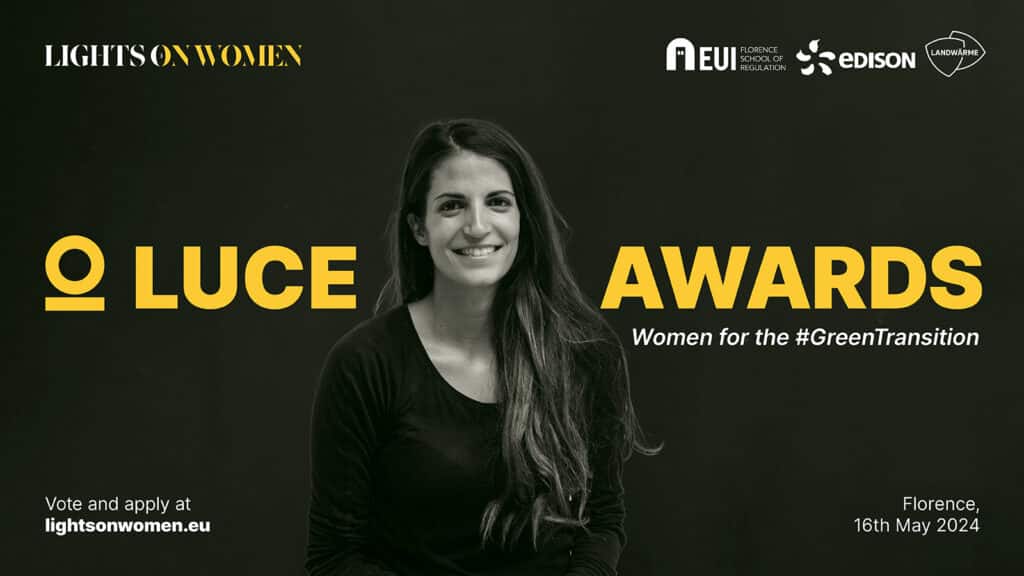
The de- and re-regulation of the different network industries is an ongoing process at national and global levels. As this process unfolds, ever new phenomena emerge. Yet, the question about the right mixture between market, economic, technical and social regulation remains wide open in all the network industries.
Download the Programme, the Collection of the Abstracts and the dedicated issue of the Network Industries Quarterly
The de- and re-regulation of the different network industries is an ongoing process at national and global levels. As this process unfolds, ever new phenomena emerge. Yet, the question about the right mixture between market, economic, technical and social regulation remains wide open in all the network industries.
The question becomes even more challenging when looking at recent infrastructure development as triggered by their pervasive digitalization. Not only are the different infrastructures transformed by their digitalization – e.g., digital transport, smart energy, etc. – calling for new approaches to regulating them, but moreover does digitalization become a phenomenon in its own right. The European Commission actually sees digitalization as a means to accelerate integration, to tear down regulatory walls and to move from 28 national markets to a single one. Consequently, digitalization and especially its implications in terms of privacy and security also require regulatory attention.
This 5th Florence Conference on the Regulation of Infrastructures aims at taking stock of the major challenges infrastructure regulation is currently facing in the age of their rapid digitalization. It does so by:
Finally, we especially welcome papers that link technology and institutions in more than one infrastructure sector, as to allow comparisons and highlight cross-sectoral trends. Interested junior academics – advanced PhD students, PostDocs and Assistant Professors – along with academically minded practitioners are particularly encouraged to participate.
Following the successful experience of the 4th edition, the format of the Florence Conference on the Regulation of Infrastructures is unique:
Scientific Committee
Dedicated issue of the Network Industries Quarterly
COMMUNICATIONS AND MEDIA
ENERGY
TRANSPORT
WATER
CROSS-SECTOR

On 24 April 2024, the FSR Insights series will start looking at ‘Developments in European energy and climate policy’, the…

Organised by Transport Area of the Florence School of Regulation (FSR-Transport), RSCAS, European University Institute in collaboration with European Commission…

The LUCE Awards, now in its second edition, is set to take place in Florence on 16 May 2024. Organised…
To meet, discuss and learn in the channel that suits you best.